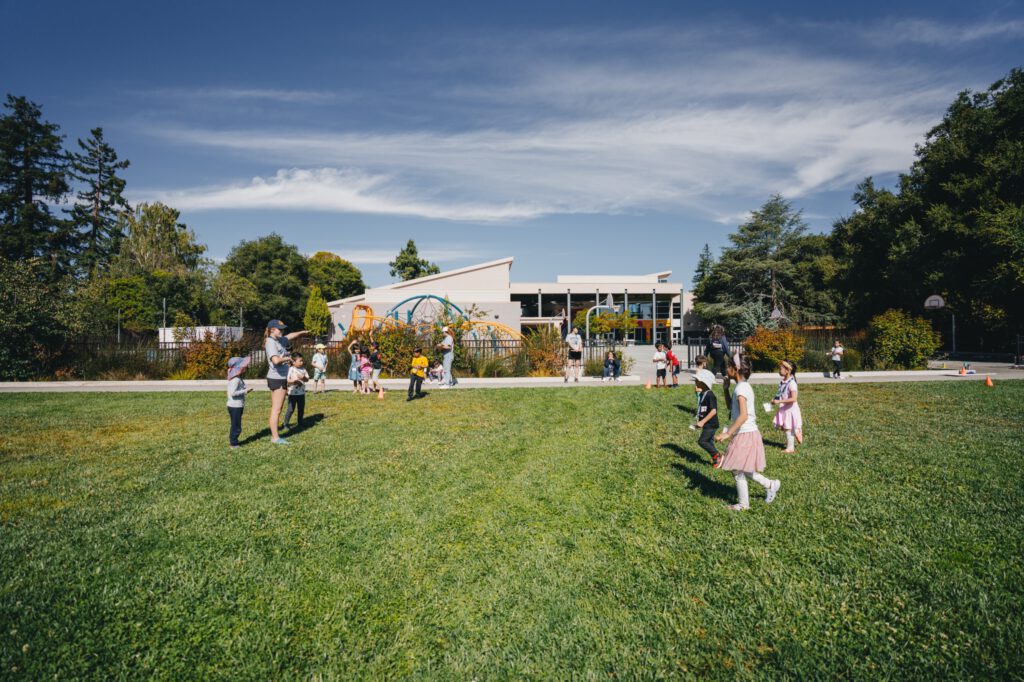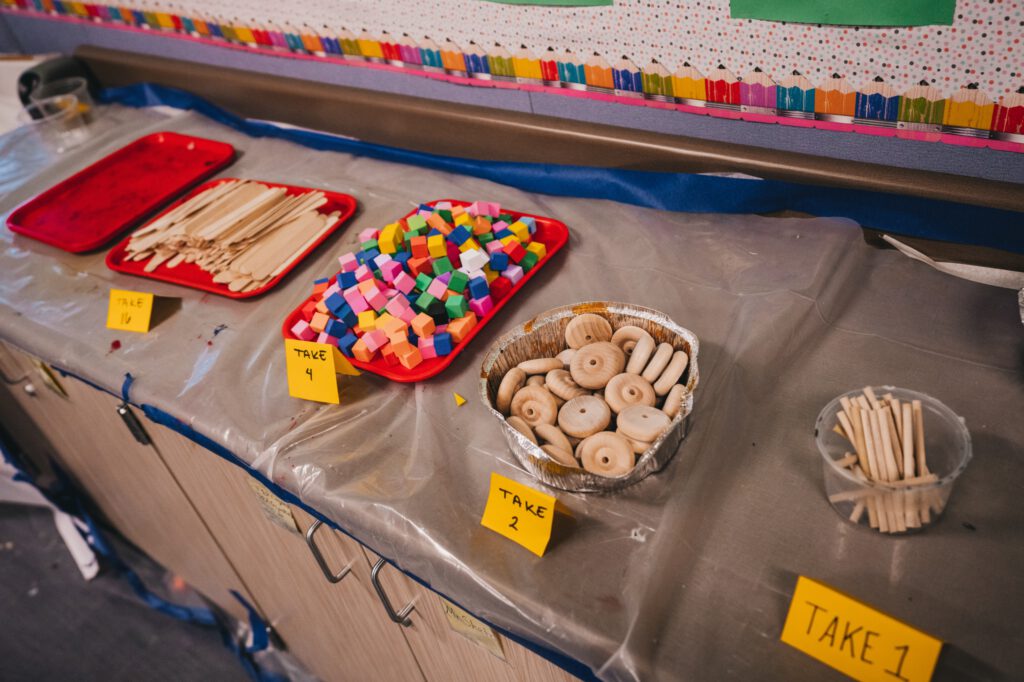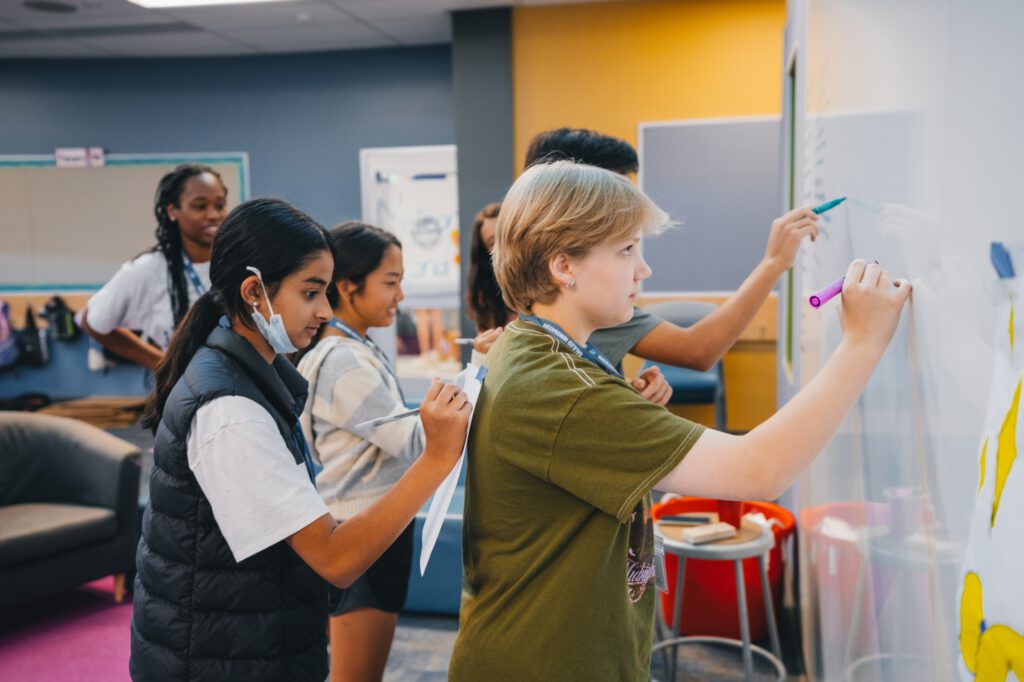“School’s out for the summer! School’s out forever!” Remember singing that classic Alice Cooper song at the top of your lungs on the last day of class as the summer lay before you, seemingly endless? And it was great, for a while, to just veg out and allow your brain to take a break after final exams and end-of-year projects had stretched your abilities to the limit.
But little did we know back when we were in school that if a brain break extended too long, if we slipped into complacency and allowed lethargy to prevail, that we were doing ourselves a disservice and letting our hard work over the school year dissipate. Innocently referred to as “summer slide,” this misnomer really refers to the learning loss that occurs over the summer months when formal learning is on hiatus. When kids stop flexing their mental muscles, they don’t just plateau, they actually lose ground, backsliding a month, two months or more. Can summer learning loss be prevented? And how might parents be able to use summer camp to help combat this detrimental phenomenon?
How Parents Can Help
As parents, we spend the school year as coaches, cheerleaders, personal assistants and counselors, doing whatever it takes to help keep our kids on track. We drive them to school, to clubs and tutoring sessions; we make sure homework is completed and submitted; we limit playdates and enforce bedtime. It’s only natural that we feel a reprieve when summer vacation rolls around. But if we fail to establish a new routine that includes challenging activities, all of the hard work during the school year may be for naught.
By planning for and including some brain-stimulating activities, parents can establish a summer routine that feeds brain growth instead of stalling it. Though not necessarily focused on specific subject matter content, these activities will activate student thinking and keep their brains firing:
- The most basic and important activity for learning loss prevention is reading—every day. Stocking up on self-selected literature and informational books and setting a daily goal is the first step. Reading together, perhaps alternating pages, and discussing the text provides necessary follow through. Many public libraries have summer reading programs that encourage kids to read and provide incentives to do so. E-books are a great alternative that can be accessed on tablets and cell phones.
- Giving kids age-appropriate problems at regular intervals (maybe when the traffic light turns red?) will help keep their basic mental math facts sharp.
- Make cooking family dinner a fraction workout. Give your kids the job of altering a recipe by doubling, tripling or halving the ingredients to feed a larger or smaller crowd.
- Enjoy the summer weather by taking a science walk through an arboretum, public garden, or zoo. Talk about the needs of living things and the characteristics plants and animals have evolved to accommodate changing habitats.
- Discuss current events and age-appropriate news stories. Allow your kids to express their opinions and tell how the events impact their lives.
- Do some simple science experiments together with items commonly found at home. Be sure to emphasize safety and set limits for solo experimentation.
- Visit a museum and learn something new. Perhaps you’ll come away with an interest you can research together.
- Play family board games that require critical thinking to keep the wheels turning. To make kids’ screen time more meaningful, consider downloading some educational apps that will add value to their summer. With most schools using online testing, strong tech skills are essential from kindergarten onward.
Reversing the Slide
So what’s the big deal? What if kids lose a bit of ground during the summer months and have to spend a few weeks in the fall making it up? Perhaps, it won’t have an irreparable impact in the short term, but year after year, summer after summer, the losses can add up. And for those kids hoping to soon be admitted to selective high schools or eventually to competitive colleges and universities, the risk may outweigh the benefit of a prolonged brain break.
To ensure an uninterrupted upward trajectory for your student’s learning curve, consider an educational summer camp. With a camp, the summer benefits are built in; an emphasis on fun and socialization are assured. But choosing a camp recognized for providing educational challenges and allowing kids to develop the skills and mindset they will need to succeed in higher education and the workplace can increase those benefits exponentially.
With themes and majors to satisfy a wide range of interests, Galileo summer camps offer stimulating and engaging programs for kids entering pre-K through 8th grade. Each week-long program is built on the foundation of design thinking and the strong belief that learning should be fun. So while kids are absorbing new concepts and mastering new skills, many are blissfully unaware they are learning. From thematic programs for pre-K to fifth graders that include exploration in science and creative arts, as well as outdoor play, to major concentrations that allow those entering 5th through 8th grades to focus on and immerse themselves in interests as divergent as kitchen creations, robotics, veterinary medicine, coding and more, there is something for everyone.
Insurance Against Loss
Though summer is and should be an opportunity to unwind and reset, kids run the risk of taking a loss if allowed too much stasis. And rather than allowing them to give in to days immersed in screen time, proactive parents can plan summer activities that keep brains sharp and ready to resume the upward climb when fall rolls around. In fact, kids can and often do make considerable progress in the summer and actually resume school in the fall with a head start. If the activities are grounded in fun, kids need never know what they are doing is insurance against learning loss. So, make sure they are reading and continue to provide engaging intellectual challenges. In the long term, you’ll be glad you did.
Ward off summer slide by enrolling in one of the Galileo Camps in your area: San Francisco, Southern California, and Chicagoland. Sign up for our newsletter to keep up-to-date on our camp happenings and innovation resources. Or, for more information about Galileo camps, contact us here.





